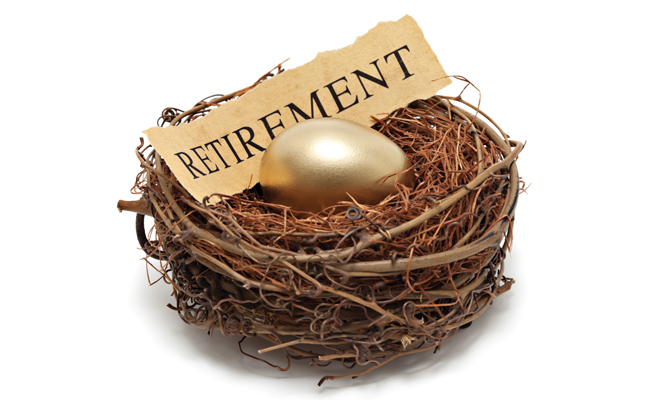
Photo: Creativeye99/E+/Getty Images
Should you pay off your debts, or should you save for your retirement? Paying off debt often is a prudent decision, but it’s not always the right answer. Often it depends on your financial situation, and what you can or cannot afford to do.
One major consideration is your return on investment (ROI) for not paying off debt — like using the money for an investment or retirement account — vs. the cost of the interest to carry the debt.
Putting money to work in the stock market, either inside or outside a retirement account, should yield a return; it usually is a good place to park money for longer periods. In fact, over the long term, the stock market has returned a rate of 9 percent to 10 percent annually. However, year-to-year, this return can be volatile, with some years being very low or negative.
Here’s an example: Let’s invest in the stock market and use a 10 percent return to keep things consistent. Imagine you have a credit card with a balance of $20,000 that charges 20 percent interest on your rolling balance. Paying off the balance would save that 20 percent in interest payments, and you would need to have an after-tax return greater than 20 percent to be better off not paying down this debt.
Even for veteran Wall Street investors, that’s a hard benchmark to meet. Considering the market average of about 10 percent for this example, paying off your credit card would be a better use of your funds. Keep in mind that the stock market is not perfectly predictable. If you chose to invest rather than pay down that credit card debt, you could end up with losses and still have this debt to pay, plus interest.
RETIREMENT MATCH
If we introduce into the equation an employer’s match on a retirement account, would this change your decision? Often, this can be a deciding factor of what you can do with your money, as very few investments can deliver such a high degree of certainty.
Let’s say your company matches half of your contributions (up to a limit, obviously). That means you’re getting a 50 percent ROI on those contributions, even before you invest them. That would be a tough return to beat. In this case, contributing to your retirement plan in an amount that qualifies for the 50 percent match is much more compelling than paying down your credit card debt, because the ROI is 50 percent vs. the cost of the interest charge of 20 percent.
MORTGAGE DEBT
Your decision to pay off a debt also will be affected by the kind of debt you have. If you itemize deductions and you have a mortgage, the interest is deductible on your federal tax return, which saves you tax dollars.
Let’s use an accumulated example from what we’ve learned so far. Suppose you have a credit card with interest of 20 percent, an employer match of 50 percent on retirement contributions, and now a mortgage with an interest rate of 5 percent. How might you utilize your money?
You could consider using your available funds to pay off some credit card debt, make a retirement contribution that has a 50 percent match, and continue to pay off the tax-deductible mortgage as you would normally. In this manner, you find a balance in using money to make money, saving taxes and improving your debt posture.
An important note to keep in mind: Even if you prioritize your retirement savings over paying off your debts, you still should make sure you’re making monthly credit card payments. If you don’t, you could face penalties, higher interest rates and damage to your credit score. You’ll also make climbing out of that debt hole significantly harder.
Regardless of which way you decide to go, the most important and valuable decision you can make is to start now. The sooner you begin planning to pay off your debts and saving up for your retirement, the faster you will attain financial freedom and achieve your goals.
Leave A Comment